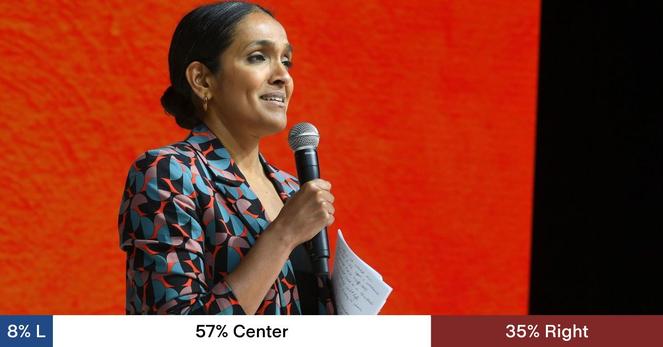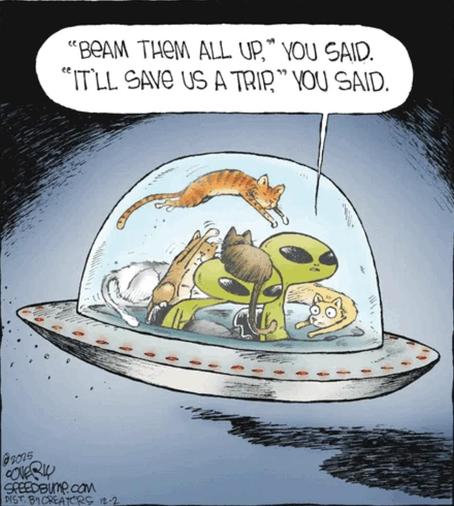2025-11-09 16:24:37
2026-02-09 03:44:09
2026-02-07 22:50:25
On Wednesday I got to see Spain's amazing Patrulla Aspa
https://commons.wikimedia.org/wiki/Category:Exhibición_de_la_Patrulla_ASPA_en_Buenos_Aires_en_el_Centenario…
2025-12-06 00:49:39
2026-01-03 20:17:55
PROGRESSIVE CAUCUS DEPUTY CHAIR CALLS FOR IMMEDIATE VOTE TO END TRUMP'S ILLEGAL WAR ON VENEZUELA
Congressional Progressive Caucus (CPC) Deputy Chair Rep. Ilhan Omar (MN-05)
released the following statement after news that Trump launched airstrikes inside Venezuela and captured its head of state:
"Trump's invasion of Venezuela is blatantly illegal and unconstitutional.
He has no authority to deploy U.S. forces into foreign countries to bomb them, capture …
2025-11-28 18:15:28
"Après l'effort, le réconfort!"
(Following-up on this: #TombRaider2 works on
2025-12-30 04:00:18
Free stickers and CC Mysteryhack cards to scan at my Angel Shift Location E-2-F1
#39c3
2025-11-25 23:39:44
2026-01-01 18:34:20
The January wildfires that ripped through Los Angeles forced the state to spend billions in disaster aid
-- and delay tax filings for LA residents.
The cost of Medi-Cal,
the state-run health insurance program for low-income residents, ballooned to $6 billion more than anticipated.
Donald Trump’s on-again-off-again tariff policies rocked the stock market,
which California heavily relies on for tax revenue.
And the state lodged a flurry of lawsuits again…
2026-01-25 17:11:03
The Department of Homeland Security has ordered immigration officers to gather identifying information about anyone filming them and to “send that information to Intel who will do a ‘work-up’ on them,” a federal law enforcement official directly involved tells me.
“Meaning, trying to identify them via social media, running their license plates if available, and running a criminal history check,” the official explained.
The directive is part of a sweeping, nationwide effort by U.S…













